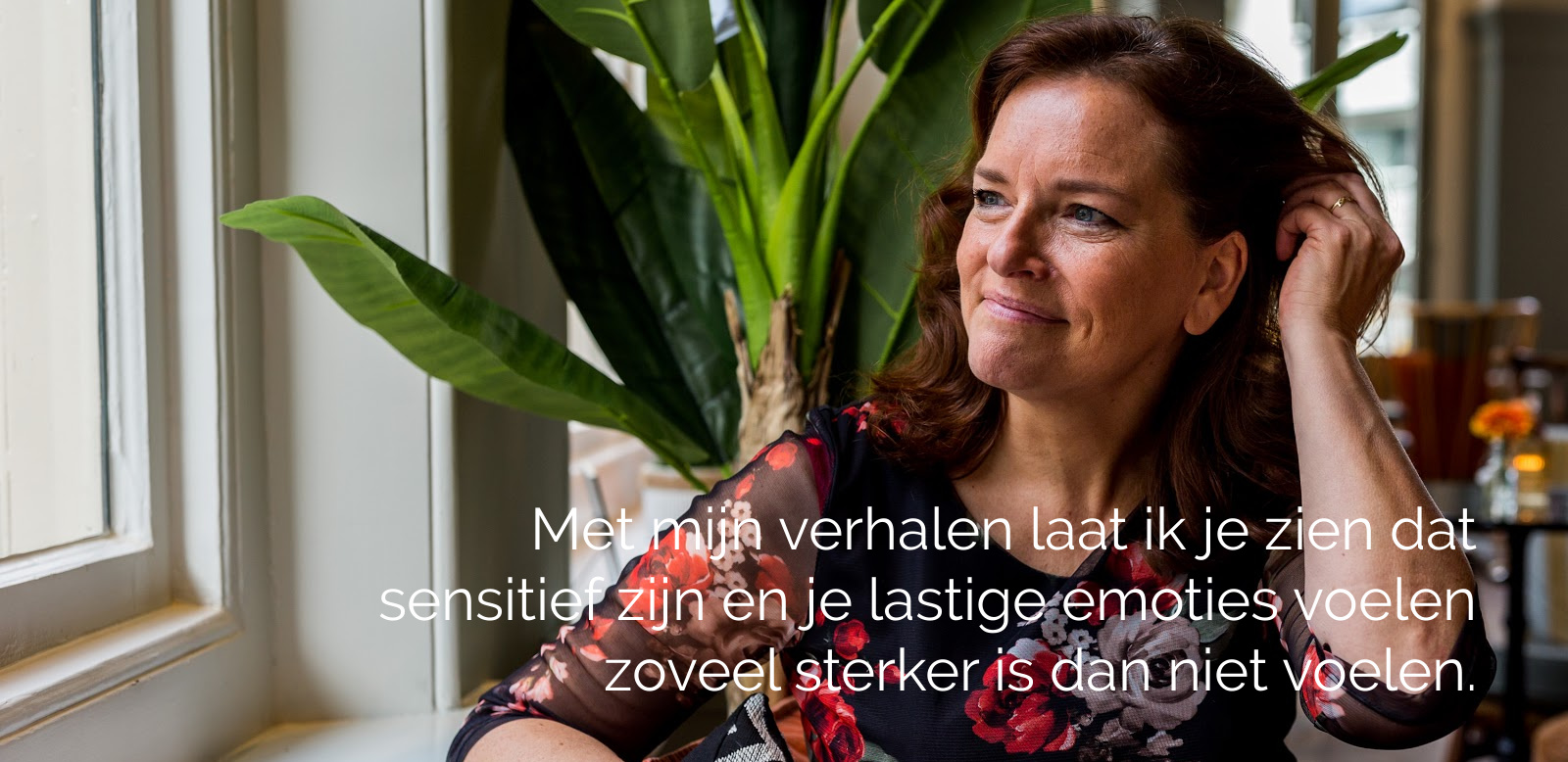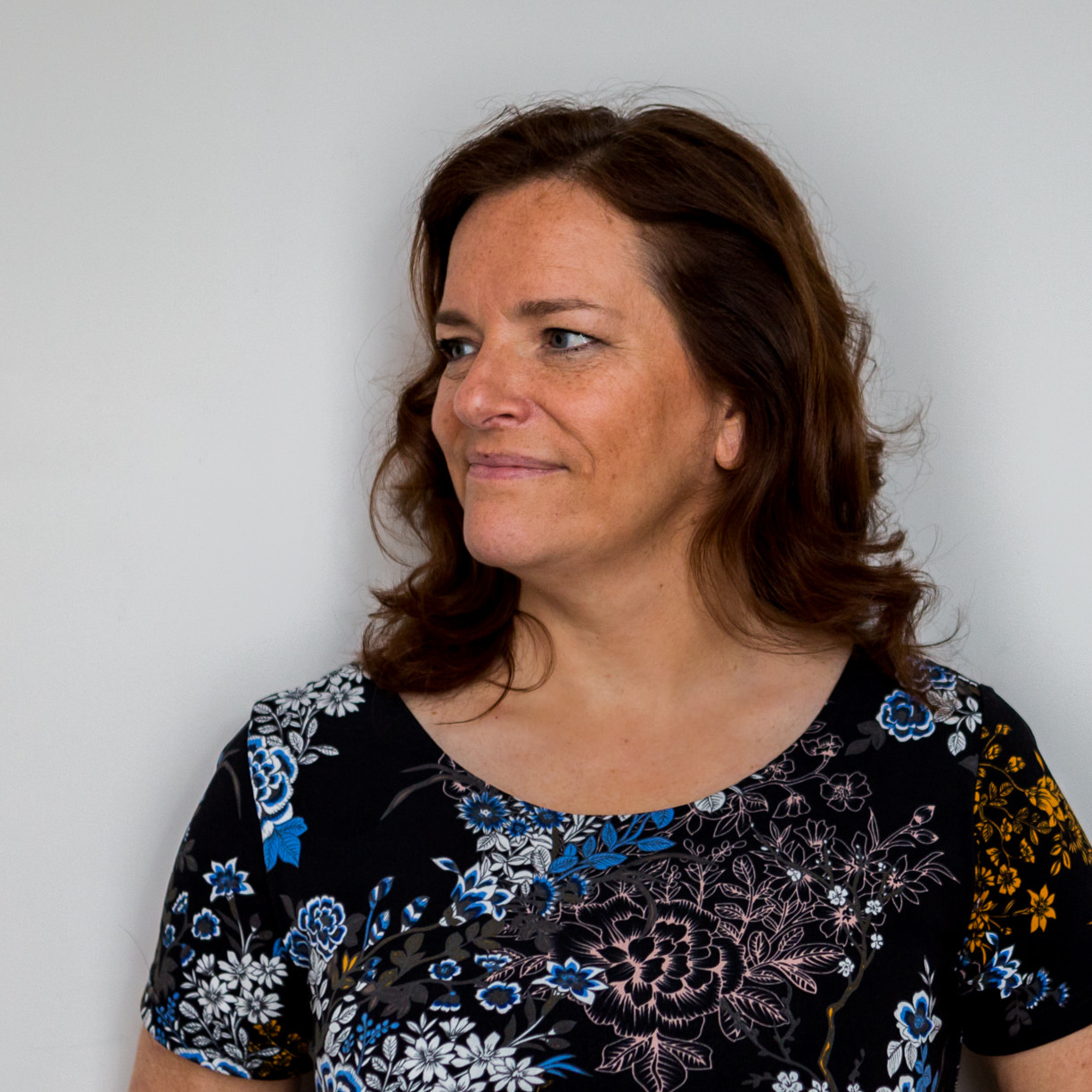Sensitive and in love
Love is always the answer, no matter what the question is. A beautiful statement that in most cases definitely is true. Being compassionate comes natural for highly sensitive persons, and many of them will respond with love in various situations. It is a beautiful side of our trait of being sensitive, but one that especially for HSP’s can become a pitfall, particularly when it comes to relationships.
The benefits of compassion
Wishing the best for your significant other is at the base of every healthy relationship. When you learn to know your partner and understand what he or she prefers, you’d love to provide them with that. You want to take care of your significant other and be kind and sweet to them. When he or she does or says something awkward, but not insurmountable, you are willing to forgive them and maybe later even laugh about it together. You yourself are also willing and able to be honest and open about the things that are difficult to you. There is this open connection between the two of you, one where there is a balance between giving and receiving.
It’s the love you experience for one another and a certain amount of compassion, that inspires these kind of actions. Also your understanding of how valuable your significant other is to you, makes you want to do your best to preserve the loving connection the two of you have.
This kind and compassionate way comes natural for anyone who is highly sensitive.
Although highly sensitive persons tend to feel overwhelmed by the intensity of their feelings, particularly when it comes to anger and grief, they experience happiness and love on an equally intense level, deeper than someone who isn’t highly sensitive. When a HSP loves another person, it usually is in an unconditional way. HSP’s are also very good in picking up on other persons feelings and needs.
Another aspect of their trait, and something that affects them in their relationships, is their intuitive capacity. They see, feel and know how situations are and they know what is necessary to improve or solve them.
Warm, thoughtful, committed, forgiving, the beautiful aspects of a relationship with a highly sensitive person.

The pitfall of compassion
Unconditional love, sensing other person’s needs, being forgiving and knowing how to solve issues are all very wonderful. But for highly sensitive persons this amount of compassion can become a pitfall.
Because of their open and generous nature, highly sensitive persons are more likely to attract people who are emotionally unbalanced or have narcissistic traits. People who (consciously or unconsciously) like to receive more than they give or aren’t capable of giving at all.
A person can meet you only as deeply as they have met themselves ~ unknown
The likelihood of HSP’s ending up in these unhealthy relationships increases when:
- as a child we experienced an insecure attachment with our parents (love and attention were conditional)
- weren’t given the opportunity as a child to learn about emotions and handling them in a healthy way
- we didn’t have positive and healthy role models when it came to relationships in our childhood
- weren’t given the opportunity to develop the positive sides of our trait of being sensitive
Later in life we will recognize this influence:
- we find it difficult to receive (compliments for instance)
- we’ve turned giving into something conditional ourselves (consciously or unconsciously)
- we have trouble setting healthy boundaries (we have trouble using our voice and strength in a positive way)
- we have developed insufficient self-worth (we are not aware that we deserve a healthy relationship)
Therefore, HSP’s themselves can become the source of making a relationship unhealthy.
Highly sensitive persons can easily loose themselves in their compassionate feelings by giving too much or giving more than is necessary, which upsets the balance. It is important for HSP’s to grant themselves the same amount of love they give to someone else. In some cases it might be beneficiary to find and heal the emotional wounds they are carrying inside.
Because of our innate capacity of sensing other people’s needs and our insight in how issues can be solved, we tend to instinctively respond to other people’s needs and begin with helping them. Although that might not always be the best option.
When only one person in a relationship gives and solves issues, it will disrupt the balance of giving and receiving and it will turn the relationship into an unhealthy one. It is important for highly sensitive persons to learn how to set healthy boundaries and to learn to talk about their feelings.
Developing compassion and intuition
We can learn how to use our strong qualities of being compassionate and intuitive in a constructive way. By feeling what is going on and by seeing if and how support is most effective. It might be enough to just be there for someone, to really see and acknowledge them and what they are going through. At times asking the right questions can help somebody to gain perspective on their situation. Someone who learns to find their own strength in difficult situations will learn much more and also, will be capable of using this new found insight in future circumstances. That is more compassionate and healthy than instantly pouring our advice on someone.
Every relationship thrives when you are able to both give and receive and when there’s a balance in giving and receiving between both partners. It is okay when at times one person gives more than the other, but only at times. Structural unbalance is destructive to the health of your relationship. A relationship thrives when both partners are able to contribute to the commitment they’ve made.
Above information is useful for romantic relationships but is equally relevant for friendships, family and your work environment.
Copyright featured image: Tim Gouw
Copyright image hands: Gabby Orcutt












